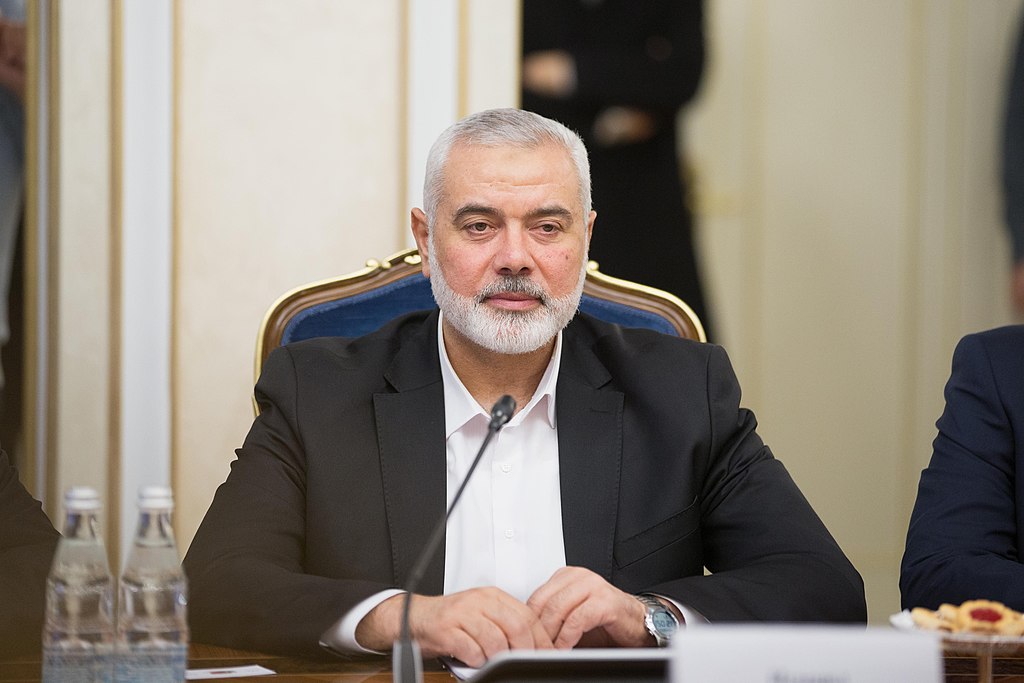Ismail Haniyeh killing: reactions from China to Southeast Asia
China condemns the raid that led to the death in Tehran of the Hamas leader. Only a few days ago, Beijing brokered a deal among Palestinian factions. Caught between Israel and Iran, India has remained silent. Malaysian Prime Minister Anwar Ibrahim was harsh, saying that such a crime was only possible “in an environment of utter impunity.”
Milan (AsiaNews/Agencies) – The raid in Tehran that today killed Ismail Haniyeh, chairman of Hamas's Political Bureau and one of its leading figures for the past 20 years, has sparked various reactions across Asia.
Many wonder what impact his death will have on the ongoing conflict in the Middle East along with that of Fuad Shukr, one of Hezbollah's most important military commanders, who was killed in Beirut in an operation Israel openly claimed.
The risk of a wider conflict is evident, especially after Iran’s Supreme Leader, Ayatollah Ali Khamenei, vowed “harsh punishment” for Israel. “We consider his (Haniyeh’s) revenge as our duty,” he said.
Haniyeh’s death further weakens the prospects of a ceasefire in Gaza, as will the rise of Yahya Sinwar within Hamas, who will no longer have to deal with Haniyeh, a figure who was very close to the movement’s founder, Ahmed Yassin, and its face on the international scene.
The fact that he was killed in Tehran the day after taking part in the inauguration of Iran’s new president, reformist Masoud Pezeshkian, reduces the latter’s room for manoeuvre while uniting the country’s leadership.
China has harshly condemned the operation which, despite no official confirmation, has been blamed on Israel.
Just over a week ago, Beijing brokered an agreement among different Palestinian factions in Beijing, including Hamas, which has controlled the Gaza Strip since 2006.
“We are highly concerned about the incident and firmly oppose and condemn the assassination,” foreign ministry spokesman Lin Jian said.
“We are deeply concerned that this incident may lead to further instability in the regional situation,” he added, calling for “Bas du formulairea comprehensive and permanent ceasefire as soon as possible to avoid further escalation of conflict and confrontation.”
For its part, India has not reacted to Haniyeh’s killing, which places New Delhi in an awkward position since Indian Prime Minister Narendra Mody has developed important ties with both Israel and Iran over the past few years.
In reporting the raid, Indian news sites underline the fact that at the Pezeshkian inauguration the Hamas leader shared the same stage yesterday with Nitin Gadkari, a minister in the Modi government sent to represent New Delhi at the ceremony.
Conversely, the reaction of Anwar Ibrahim, the prime minister of Malaysia, a large, Muslim-majority country in Southeast Asia, was very harsh.
“It is patently clear that this crime could only have been carried out in an environment of utter impunity,” he said, referring to the nearly 40,000 Palestinians killed in Gaza since the beginning of the conflict.
“Detractors who have criticised me for meeting with Ismail Haniyeh in the past, fail to appreciate Haniyeh’s profound desire for a peaceful Middle East and a Palestinian nation restored to its rightful dignity,” Anwar said.
“I mourn the loss of a dear friend and a valiant advocate for his people,” he said.
(Joseph Masilamany contributed to this article)







.png)










